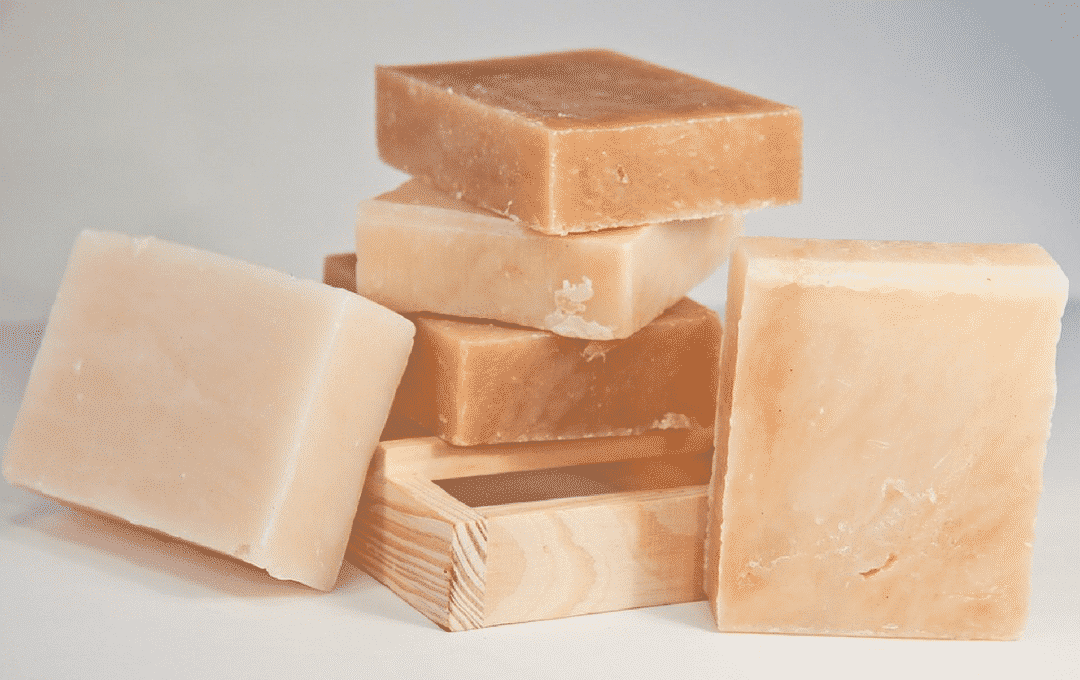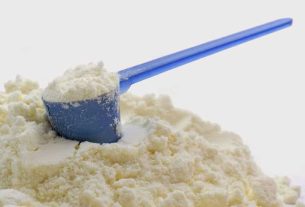Coconut soap is a basic item recommended for hygiene that does not cause irreversible damage to nature. Your homemade production is sustainable.
There are some habits, passed down from generation to generation, that never die. Making coconut soap at home is one of them. Surely someone in your family makes it and, above all, distributes it to everyone.
Sometimes, younger generations barely know how it is produced, or have no idea how oil can become soap. Much less are aware of how useful homemade coconut soap is when washing the house, dishes, clothes and even your hair.
The fact is that, perhaps, our mothers, fathers, grandfathers and grandmothers didn’t even know how highly sustainable this recipe was, and is. There are several benefits when it comes to home production of this much-needed item when it comes to cleaning.
In addition to avoiding the disposal of oil in nature, coconut soap is much less toxic and aggressive to the environment and humans.
Benefit of coconut soap
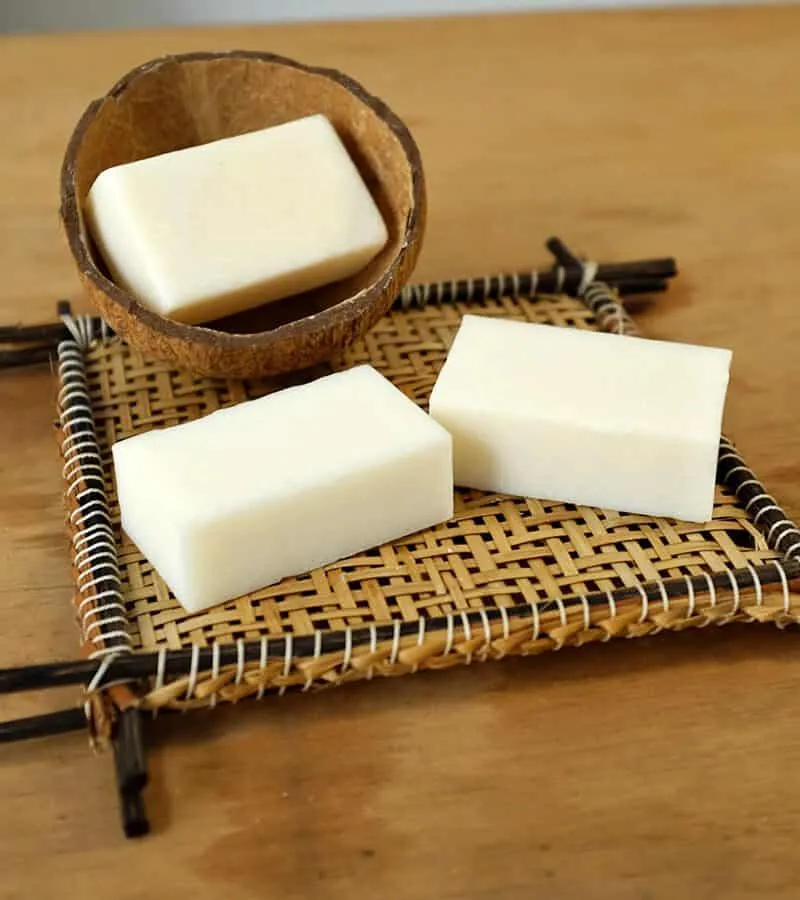
Among all the types of soap available, coconut soap is the most suitable for use at home. Normally, its composition does not produce allergic reactions or cause skin irritation when using it. Despite all other formulas using oil in their recipes, coconut oil is still at the top of the list when it comes to sustainability.
Recycling fat is the most appropriate purpose, because it avoids unnecessary disposal down the sink drain. This method of disposal is even irregular and causes irreversible damage to nature.
Furthermore, using coconut soap is synonymous with savings. Unlike conventional soaps, coconut soap is more profitable. Because, with just a small amount, cleaning is effective, without having to pour “liters” of product.
Another interesting homemade recipe, which usually comes from older people, is to use coconut soap on your hair. Certainly, soap is great for strengthening hair, because its composition is natural. In other words, it is not aggressive. Therefore, the product is perfect for treating oiliness and has a powerful action against some problems, such as dandruff.
The skin is, above all, another area where use also brings healthy reactions. Thanks to the antioxidants and minerals in the soap formula, the dermis remains hydrated for longer, preserving its vitamins.
However, care must be taken when using it on both hair and skin. It is not advisable, for example, to use coconut soap daily. This is because it can compromise natural oils, removing protection against thermal agents.
How does it work in cleaning?
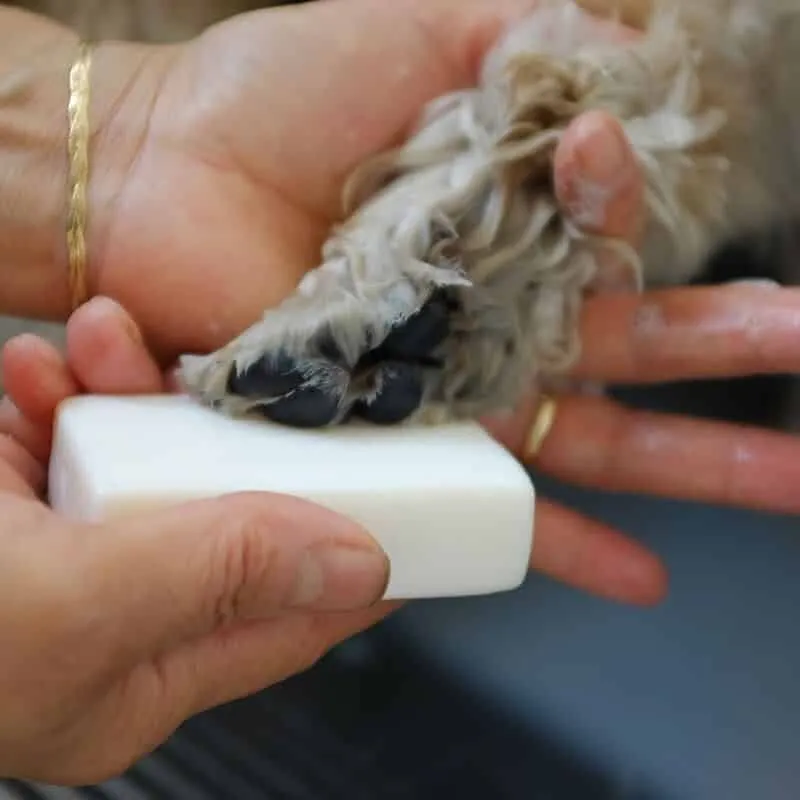
Do you know what happens when we use soap to clean? Its substances cause the water to mix with the oil, making it possible to get rid of grease during cleaning. The problem is that some types of products (detergent, washing powder and common bar soap) have chemical compounds in their formula that are highly aggressive to nature.
When opting for the bar or liquid format of coconut soap, these surfactants are much smaller. Therefore, the impact on the environment is also lower than that of common products. The breaking of the tension between the liquids (oil and water) is done more gently, cleaning deeply, like any other chemical type available on the market.
An important piece of information that many people don’t know is that chemicals also leave residues when you use them. The toxins remain encrusted in the house, without us even knowing where and how it happened.
Therefore, the ideal option for toxin-free cleaning is to use, above all, coconut soap. With a little baking soda added when cleaning, in addition to getting rid of dirt, it will remove chemical residues from your home.
Coconut soap and sustainability
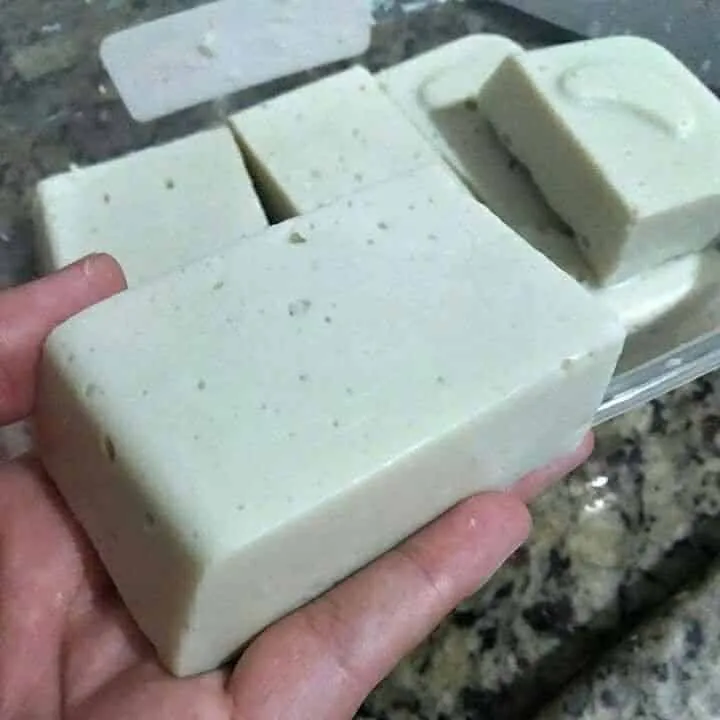
Firstly, it is not new that scholars have been researching the impacts of chemicals discarded in nature. In 1960, for example, Europe became aware of the damage caused and determined to reduce the amount of foam generated by synthetic detergents.
The fact is that the use of these basic cleaning items, when thrown into the environment, makes the water more alkaline, that is, denser.
The main victims of disposal are plants and animals. Coconut soap, in turn, is also harmful, but much less than conventional soap.
What prevents it from being so impactful is that there are no preservatives in its composition. Its vegetable origin is biodegradable, that is, it is eliminated in a short time.
Now, if your goal is to really help nature, try sweeping, or cleaning a little before you start washing. This will reduce some of the dirt and, consequently, you will use less soap, whether coconut or not. But when it comes to getting your hands dirty, the best thing to do is opt for this 100% natural product and ensure the health of the environment.
Coconut Soap Recipes
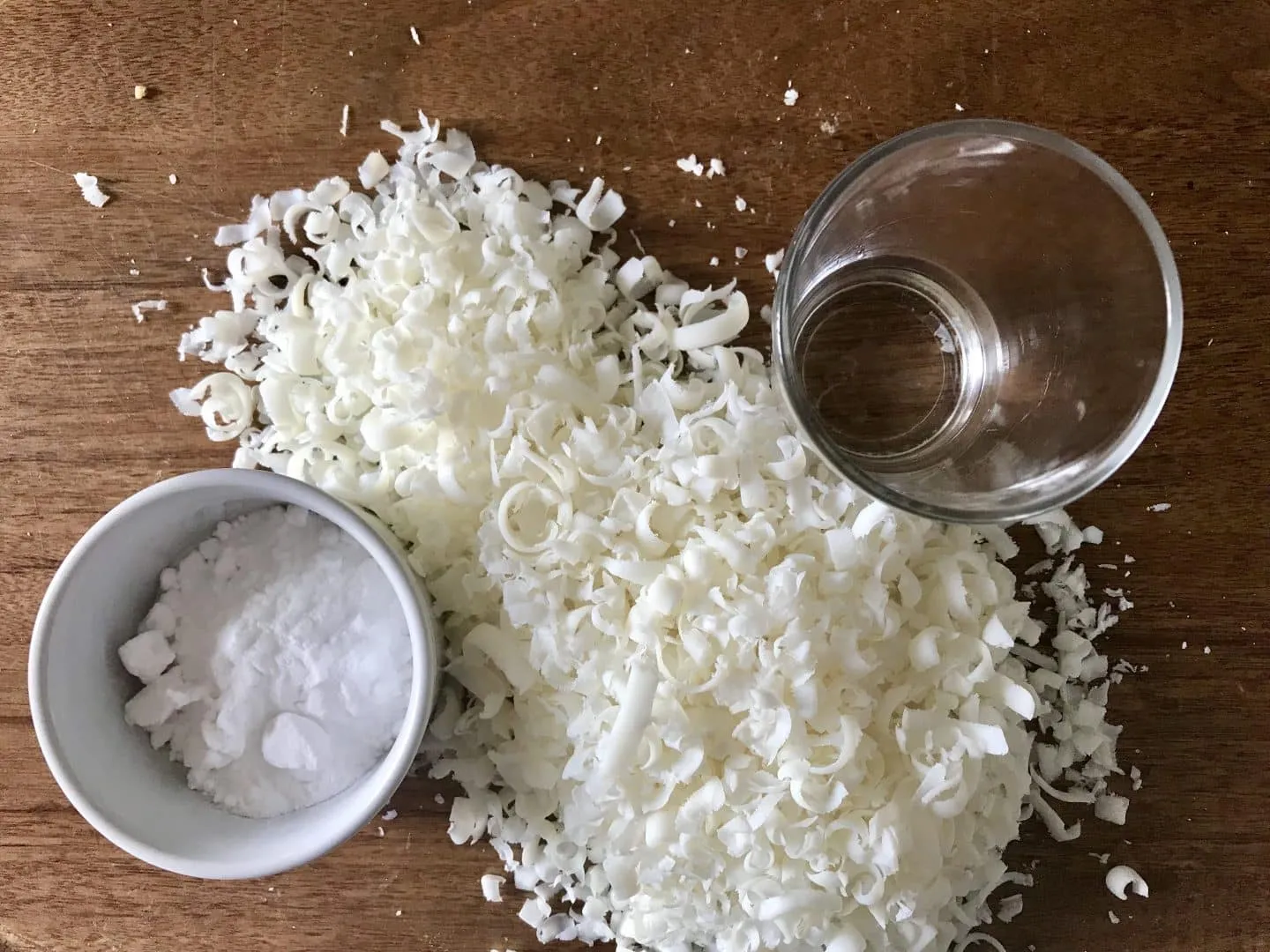
First of all, you need to know that there are two possible states when producing coconut soap: bar and liquid. Depending on the purpose, choose the best option and follow the instructions below to produce your own product at home. But, at first, separate a glove and a mask, because the production requires some care for your health.
Liquid coconut soap
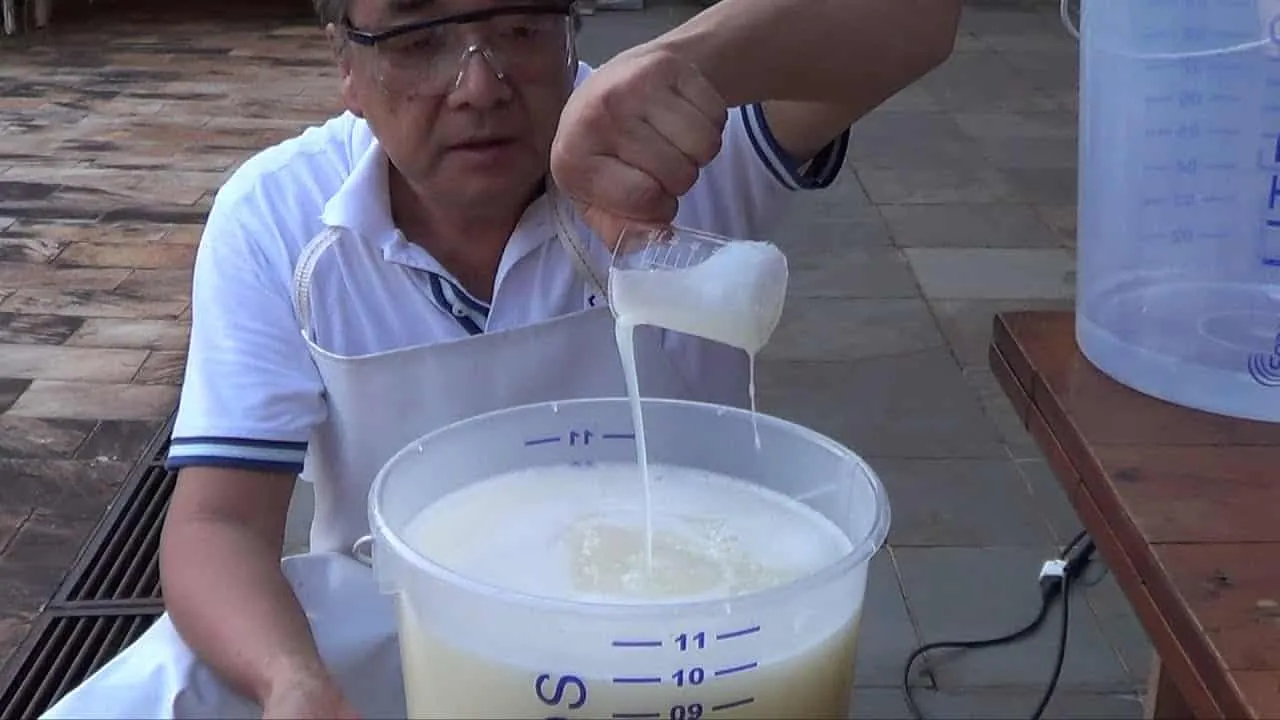
Liquid coconut soap is a favorite when washing clothes and removing unwanted stains. This type is suitable for those who do not want to harm the quality of the fabric and avoid the infamous washing powder stains. The liquid state is perfect, as it dissolves better in water and only a small amount is needed to achieve the perfect clean effect.
Before we learn how to prepare it, look for the following ingredients and protect yourself to handle them safely. Because, despite being simple, there is little care needed. Therefore, avoid allergic reactions, that is, poisonings that can be avoided with a simple act of prevention.
Ingredients
- 1 bar of coconut soap
- 3 liters of water
- 3 tablespoons of baking soda
Preparation mode
Firstly, separate a fairly large container and grate the coconut bar soap. Preferably use the coarser side of the grater. After grating, heat 1 liter and when it is bubbling, pour it over the grated soap. Mix until it melts completely in the water and add 3 tablespoons of baking soda.
Finally, let the contents rest for an hour straight. You will see a cream appear on the water. After the stipulated time, add another 1 liter of boiling water and mix until this layer disappears and becomes a homogeneous liquid. To finish, add another 1 liter of water, but this time cold. Mix again and your liquid coconut soap is ready. Store in bottles and use as needed.
Coconut soap with soda
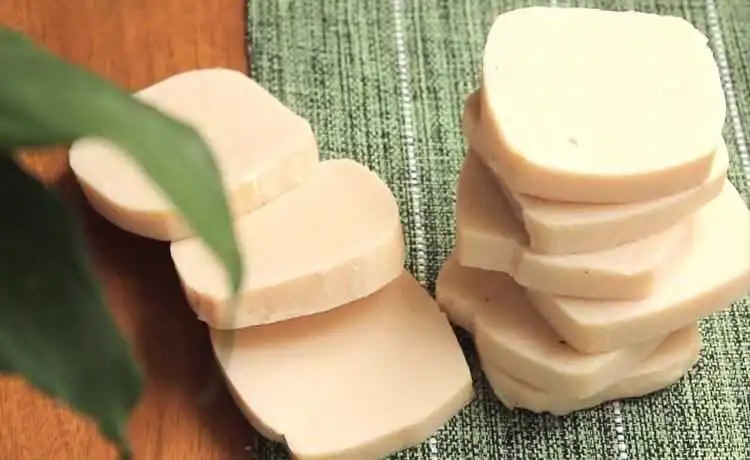
This type of coconut soap can require a little more work when producing. Know that it is essential to protect yourself with gloves and masks during production, as this recipe is made with caustic soda. The product is ideal for greasy objects and lasts a long time to use, which prevents excessive use of detergents.
Ingredients
- 2 liters of used cooking oil
- half caustic soda
- 700 ml of water
- 130 ml of water
- 2 grated coconuts
Preparation mode
First of all, if you are having difficulty choosing soda, know that it can be found in flakes or scales. Prepare a sieve and strain the oil well to remove any bits of residue that remain after use. Set aside and prepare the blender with the water and grated coconut. Blend until it becomes a paste and then place it in a pan. Bring it to the boil and keep stirring until the content reduces and becomes much less than the initial content.
Place the oil in another pan on the heat and heat it with the other cooked ingredients. In another plastic container, it cannot be any other type of material, place the caustic soda with a little warm water and dissolve. Finally dissolved, add all the ingredients together, mix once more until smooth and pour into a cake pan to dry and harden. When dry, cut into pieces and store, as it is ready to use.
Coconut soap with tallow and essence
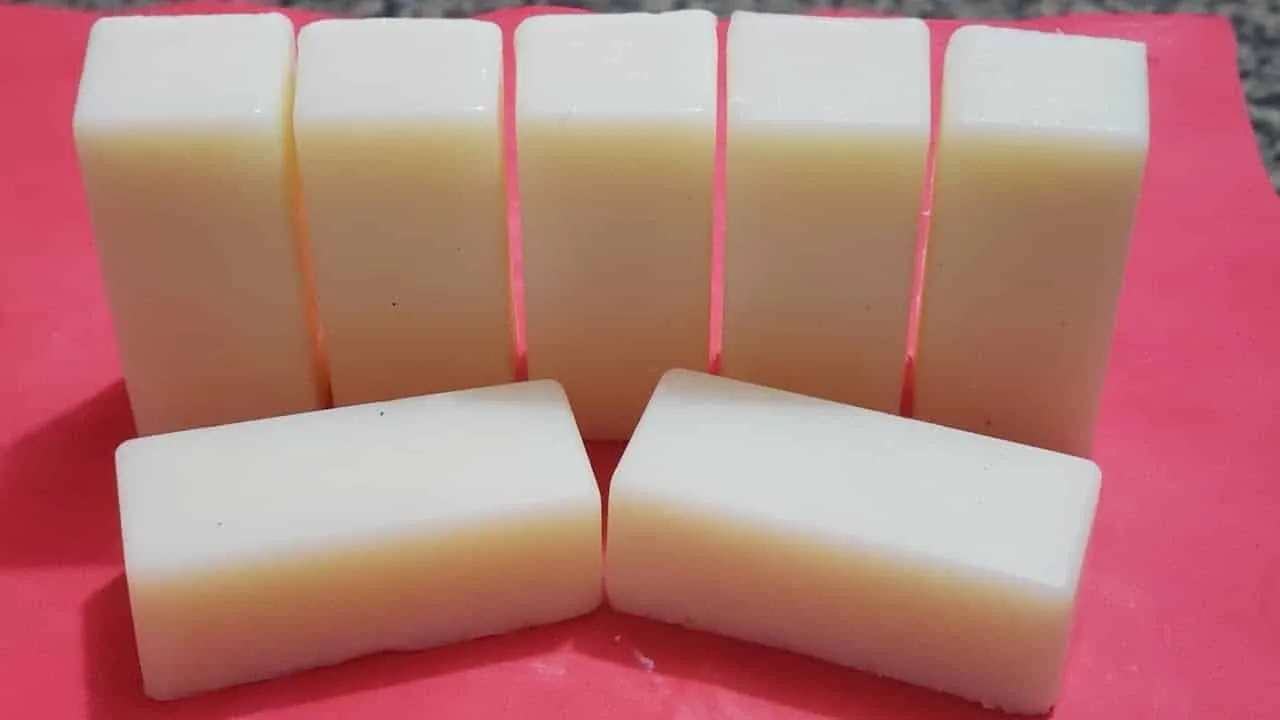
This is the sustainability combo, because in addition to using leftover cooking oil, it also uses beef tallow. Both ingredients are very strong when it comes to smell. This is why coconut essence completely changes the fragrance and makes it more pleasant. So, be sure to add your used oil and stay on top of this recipe.
Ingredients
- 50 ml coconut essence
- 3 L of used oil
- 4 L of alcohol
- 1 kg of soda flakes
- 3 L of beef tallow
- 3 L of water
Preparation mode
At first, pour the water into a plastic basin and gradually add and stir the caustic soda. With the tallow warm, add the soda and water and continue the mixing procedure. Heat the sifted oil and add it to the other prepared ingredients. Next, add the essence and continue stirring for about 20 minutes.
If you take a good look at the contents in the plastic container, it will start to curdle. It is exactly at this point that you will add the alcohol. This moment should be done without rushing, pour little by little and keep stirring. The ideal is to ask someone to do this for you. Then pour the liquid into the mold and after 12 hours of rest, your coconut soap will be ready to be cut and used when cleaning.
Coconut soap for aesthetic care
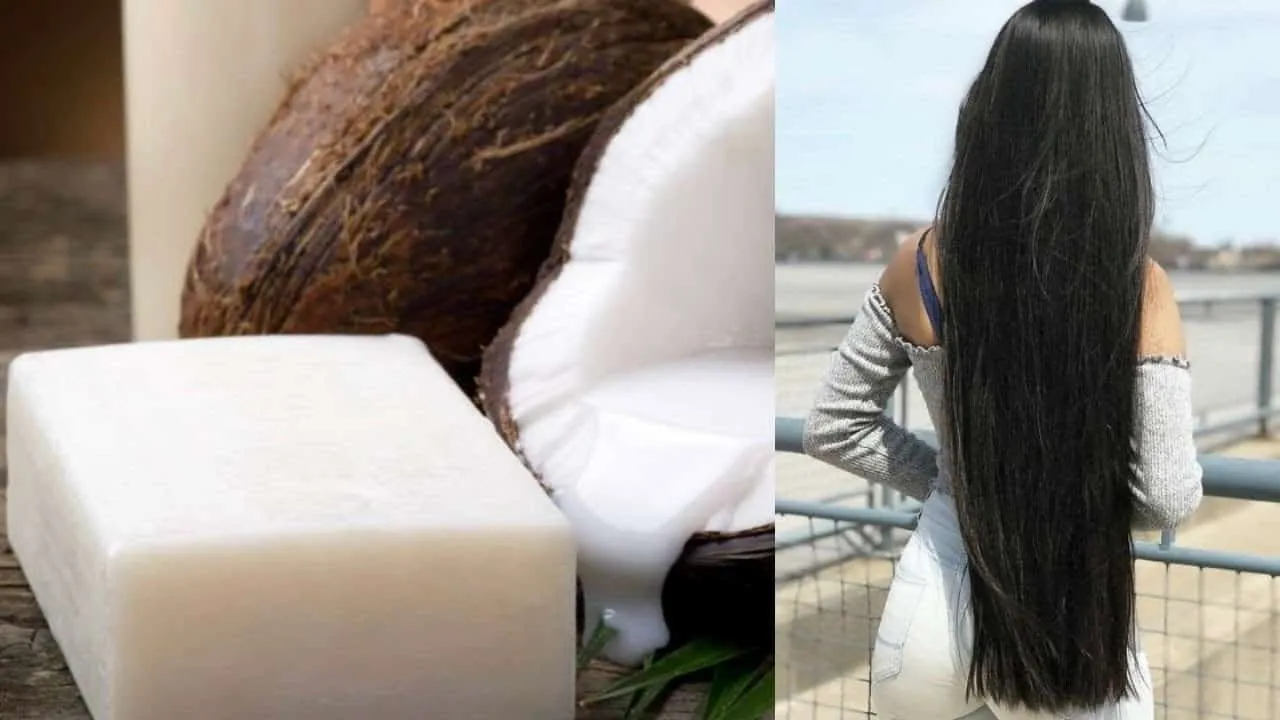
There is a specific formula for those who want to use the benefits of coconut oil for their skin and hair. Natural soap is one of the easiest inventions to make and doesn’t have as much of an impact as other previous recipes. Many women use this type of product, especially to remove their makeup after going out. Furthermore, dandruff and scalp treatment can also be combated with this same recipe.
Ingredients
- 200 ml of water
- 200 ml of palm oil
- 500 ml babassu coconut oil
- 100 g of flaked caustic soda
Preparation mode
In principle, as previously mentioned in other recipes, always separate a plastic container when using the soda. Pour in the water and then slowly add the caustic soda until it dissolves completely. In another glass bowl, mix the two oils above and heat for 2 minutes in the microwave. Add the other ingredients to the plastic bowl and, if possible, with a mixer, mix until it becomes creamy.
Then place it on a tray to dry. It may take hours to reach the desired solid state. As soon as you notice the contents hardening, cut into small bars and enjoy the results of your preparation. The indication for use is for oily skin and hair and in the case of dry skin, consult a dermatologist before starting your routine with your coconut soap.
Finally, find out more about coconut oil in
Sources: M de Mulher, Gazeta Online, mma, Tudo Gostoso, Dicas de Mulher, Saoaria Artesanal Lucrativa, ecycle, Dicas de Mulher 2, Consul,
Image sources: Positiva, Armazén Tropical, Pinterest, Triider, Vós, Marcos Kim, Cantinho do Vídeo, Vânia Dicas Caseiras, Enjoying Life, No More Mess

Sign up for our newsletter and stay up to date with exclusive news
that can transform your routine!
Warning: Undefined array key "title" in /home/storelat/public_html/wp-content/plugins/link-whisper-premium/templates/frontend/related-posts.php on line 12
Warning: Undefined array key "title_tag" in /home/storelat/public_html/wp-content/plugins/link-whisper-premium/templates/frontend/related-posts.php on line 13

